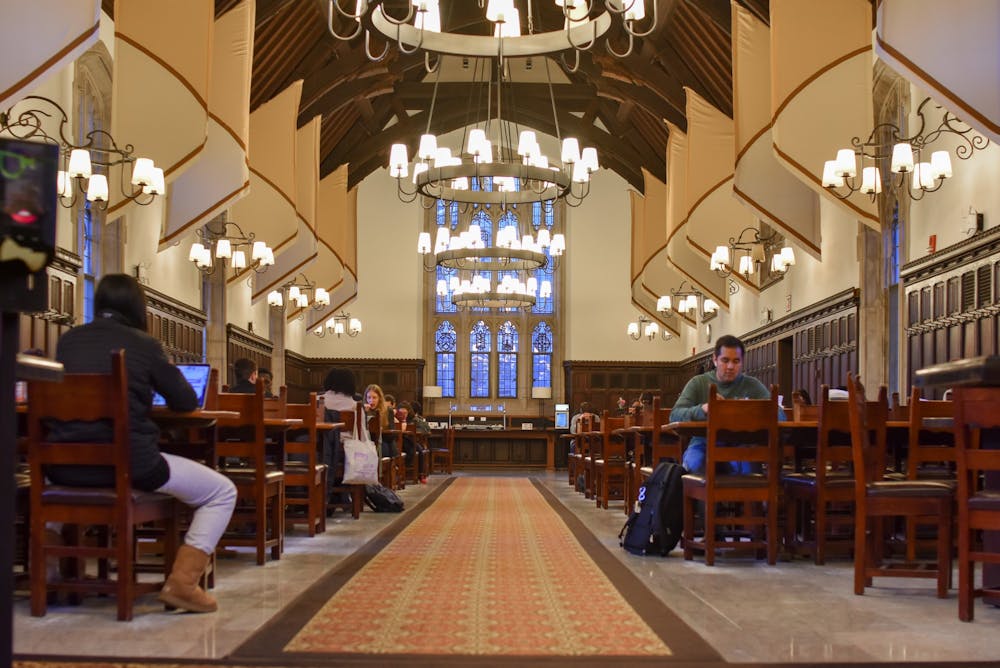Beef is perhaps the most essential element of the American diet. We are carnivorous to a greater point than possibly any other country on earth. The carnal pleasure of sinking teeth into flesh has been painted as inexorably American in cowboy movies and fast food advertisements. Beef eating is so inextricably entwined with American cultural identity that not eating it may have been used as a justification to exclude people from the country. The extent of America’s addiction to beef is staggering. We use 654 million acres for grazing our 94.4 million cattle, an area larger than Alaska. This obsession comes at a staggering cost. Producing one kilogram of beef produces the equivalent of 100 kilograms of carbon dioxide, more than any other common food. Beef’s global warming potential is 7.2 times greater than chicken and 26 times that of lentils.
Recent science has shown that to feed a growing population while averting runaway warming, the United States must massively rein in its meat consumption. A Lancet commission that attempted to develop a healthy and sustainable planetary diet recommended on average seven grams of beef and lamb per day, little more than the weight of a quarter. The average American consumed 15 times that amount. In our era of climate change, this is unconscionable. If Princeton is serious about upholding its commitment to fighting climate change, it should move to swiftly phase out beef from the dining halls.
Most people understand refraining from beef as a personal choice, undertaken because of at least one of three main reasons: health, ethics, and climate. But one of these justifications is not like the others: while giving up red meat for health and ethical reasons is truly a personal choice, the societal impacts of the climate crisis impose an imperative to act. You have the right to eat all kinds of unhealthy foods, including beef, and you have the right to choose whether to incorporate the suffering of non-humans into your ethical calculus — it is not Princeton’s place to impose a moral code on its students. But when the “personal choice” to eat beef collides with the imminent threat to the long-term future of the planet, passive tolerance is no longer appropriate.
Beef production is devastating for the climate. Animal products account for between 72–78 percent of agricultural emissions, and beef and other ruminants (a group that includes goats, sheep and buffalo) make up the largest share. In large part, this is because raising cattle requires a massive amount of food either in the form of land cleared for grazing or crops grown for food — 67 percent of US cropland is used to grow livestock feed rather than crops for people to eat. These huge swaths of land that are intensively farmed while not actually feeding anyone directly. As a result, producing one gram of protein from beef uses 20 times more land and produces 20 times the emissions compared to the same amount of protein from beans.
Cows also contribute to climate change through enteric fermentation, a consequence of the unique anatomy of ruminants. Cows, goats, and sheep have a specially adapted “forestomach” that uses fermentation to break down coarse plant material into digestible proteins. This process produces methane, a greenhouse gas with a global warming potential 30 times greater than carbon dioxide. This simple process represents 40 percent of agricultural greenhouse gas emissions.
Since beef is such a substantial emissions source, it’s critical that we scale production back significantly if we hope to meet our climate targets. And missing these targets is not an option. The climate crisis threatens every aspect of our existence, including causing more intense heat waves, more severe weather, and up to 3.6 feet of sea level rise. These threats have the potential to create up to a billion climate refugees, thousands of species extinctions, and tens of millions of deaths.
The choices that substantially contribute to this kind of climate change pose an existential threat — one that the University is ostensibly committed to solving. Princeton has pledged to achieve net zero carbon emissions by 2046, a pledge that includes energy from on-site production, purchased electricity, and fuel use. It does not include so-called “Scope 3” or indirect emissions from sources such as the agricultural production that goes into feeding thousands of students every day. This represents an enormous source of emissions that Princeton is excluding from its calculations. As the largest supplier of food on campus, the University has the responsibility to take necessary actions for the health of its students and the planet.
Consequently, Princeton’s choice to continue serving beef has a substantial environmental impact. A Daily Princetonian analysis found that beef was the main dinner entree on 19.3 percent of the days. A recent main course during dinner at RoMa dining hall used 500 pounds of beef per week, according to Mitresh Saraiya, culinary production manager for RoMa. That’s equivalent to driving 128,000 miles or burning 56,000 pounds of coal. This emissions burden is unnecessary and unacceptable.
Climate change is a challenge that necessitates a radical transformation of our global energy, transportation, and agricultural systems. Passive acceptance of the status quo is untenable given the imminent threat global warming poses to humanity. Without urgent action, millions of people will die, thousands of species will go extinct, and we will do irreparable harm to all of Earth’s occupants who succeed us. Cutting out beef cannot solve these issues on its own, but by taking the aggressive action of sacrificing some luxury for our long-term future, we can show that as a University community, we are serious about safeguarding the future of our planet.
Thomas Buckley is a sophomore from Colchester, Vermont intending to major in economics. Beef-eaters can berate him by emailing thomas.buckley@princeton.edu.





